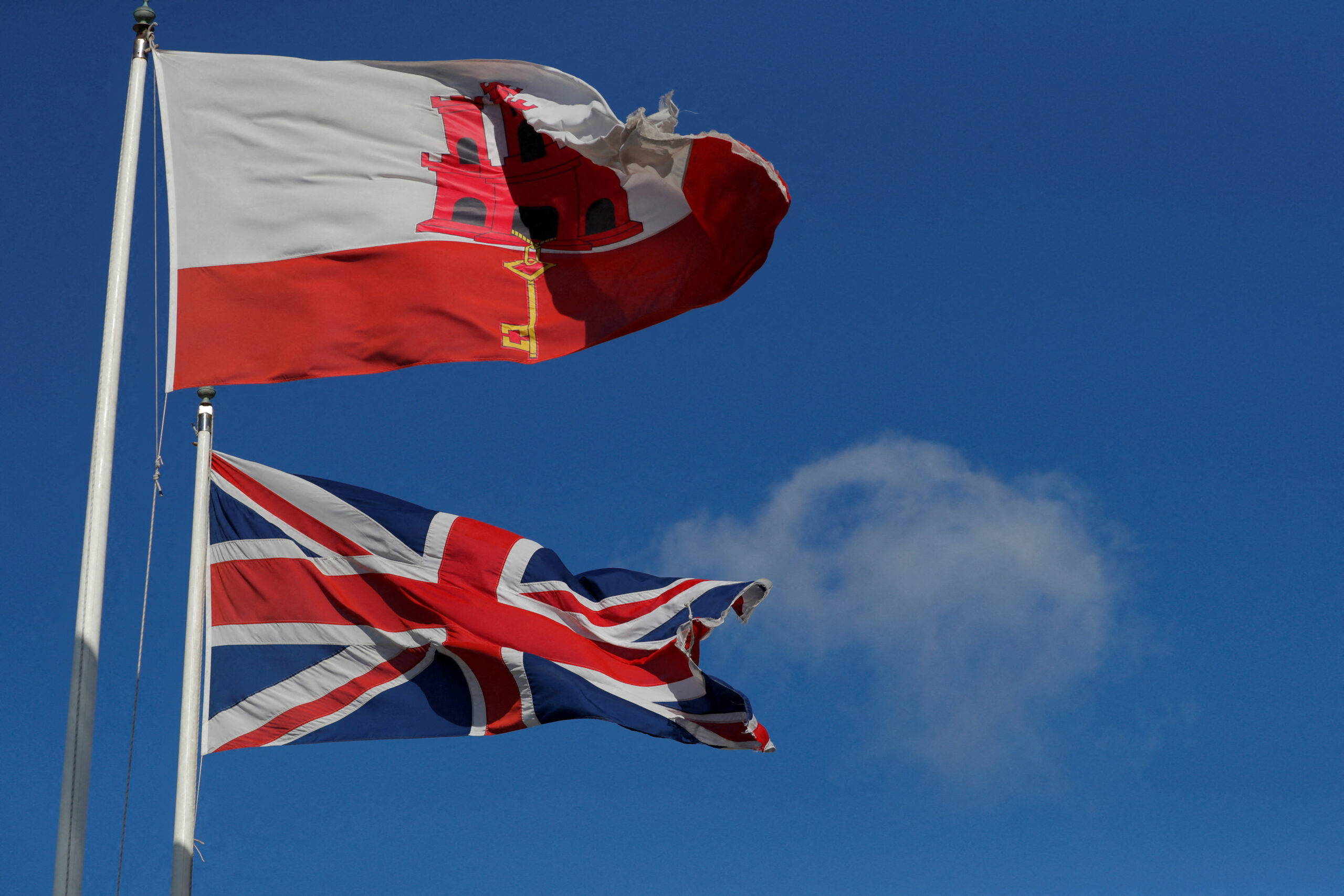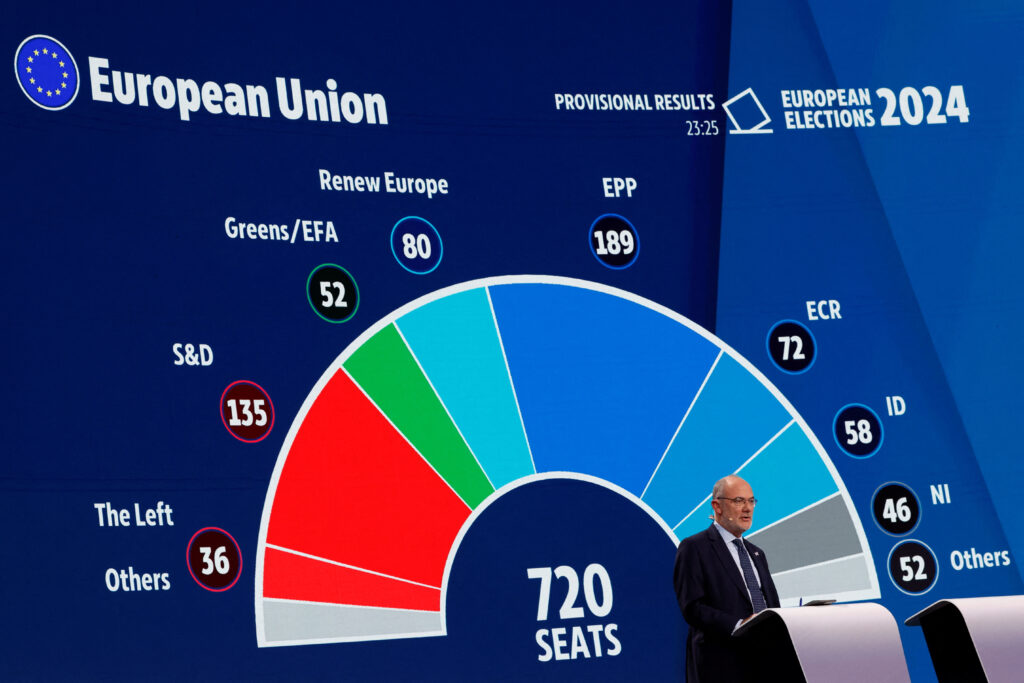The History of Gibraltar and why is it still important?
Gibraltar, located at the southern tip of the Iberian Peninsula, has a rich history shaped by its strategic position at the crossroads of Europe and Africa. Known as “The Rock,” it has been a key military and naval stronghold for centuries due to its control over the Strait of Gibraltar, a vital maritime passage linking the Mediterranean Sea with the Atlantic Ocean.
The territory’s significance dates back to ancient times, with the Phoenicians, Carthaginians, and Romans all recognizing its value. It became particularly important during the Middle Ages and the early modern period, as it was contested by various powers, including the Moors and the Spanish. In 1704, during the War of the Spanish Succession, Gibraltar was captured by an Anglo-Dutch force and later ceded to Britain under the Treaty of Utrecht in 1713.
Gibraltar’s importance grew even further with the opening of the Suez Canal in 1869, making it a critical refueling and supply point for British naval operations. Throughout both World Wars, Gibraltar’s strategic location made it a vital base for the Allied forces. Today, Gibraltar remains a British Overseas Territory.
Gibraltar sits just 14 kilometers (9 miles) from Morocco, across the Strait of Gibraltar, a critical maritime chokepoint between the Atlantic Ocean and the Mediterranean Sea. This proximity to both Europe and Africa, along with its strategic location, makes Gibraltar crucial for contemporary trade, military operations, and global shipping routes. It serves as a vital transit point for goods and energy supplies, and its strategic importance is underscored by its role in monitoring and controlling naval traffic between two continents.
Gibraltar’s Status Pre-Brexit
Before Brexit, Gibraltar enjoyed a unique status within the European Union. As a British Overseas Territory, it was part of the EU through the UK’s membership but operated with distinct arrangements. These included exclusions from the EU’s customs union and the common agricultural policy, while still benefiting from the free movement of goods, services, and people. This setup allowed Gibraltar’s economy to thrive, particularly in sectors like financial services, online gaming, and tourism, which were buoyed by access to the EU market. Politically, Gibraltar had considerable autonomy with its own government and legal system, although defense and foreign policy remained under the UK’s control.
Brexit and Its Immediate Impact on Gibraltar
Brexit introduced a wave of uncertainty and potential challenges for Gibraltar. The immediate effects were felt in trade, border controls, and the free movement of people—critical factors for a territory that relies heavily on cross-border workers, many of whom commute daily from Spain. For Gibraltar’s 32,649 (World Bank, Eurostat, 2022.) residents, Brexit threatened to disrupt this delicate balance, raising serious concerns about economic stability and day-to-day life. Furthermore, Brexit reignited sovereignty debates, with Spain viewing the UK’s departure from the EU as a chance to revisit the question of Gibraltar Sadness.
Gibraltar’s Negotiation Position Post-Brexit: Navigating a New Landscape
In the post-Brexit era, Gibraltar found itself in a precarious position, needing to balance the complex dynamics of UK, Spanish, and EU relations. Gibraltar’s leaders aimed to secure a deal that would protect the economy and lifestyle of its citizens, while maintaining its strong connections with both the UK and the EU. The December 2020 framework agreement, which proposed a “shared prosperity zone” between Gibraltar and the surrounding Spanish region, was a step forward. Yet, this agreement is a temporary solution, with many crucial aspects still pending final negotiations. The focus now is on ensuring the smooth flow of goods and people across the border, a vital element for Gibraltar’s economic well-being.
Current Economic and Social Challenges
Despite the initial agreements, Gibraltar continues to face substantial economic and social challenges in the wake of Brexit. The uncertainty surrounding its future relationship with the EU has made investors and businesses more cautious. Gibraltar’s financial services sector, a key pillar of the economy, has had to adapt to new regulatory frameworks, while the introduction of border checks has complicated daily commutes for cross-border workers. The tourism industry, another vital part of Gibraltar’s economy, has also been hit by changing travel regulations and the broader uncertainties of Brexit.
The Future of Gibraltar: Scenarios and Predictions
Looking ahead, Gibraltar’s future remains uncertain, with several potential scenarios on the horizon. One possibility is closer economic integration with Spain, especially if the shared prosperity zone proves beneficial. However, this could spark renewed sovereignty debates, as many Gibraltarians are strongly opposed to any form of Spanish control. Another scenario could see Gibraltar deepening its ties with the UK, focusing more on the British market and seeking financial support from London. However, this approach might isolate Gibraltar from its European neighbors and complicate its economic relationships. Ultimately, Gibraltar’s future will depend on the outcome of ongoing negotiations and the ability of its leaders to navigate these challenging geopolitical waters.
The Way Forward for Gibraltar
Gibraltar is at a critical juncture in the post-Brexit era, facing both challenges and opportunities. The territory must carefully manage its relationships with the UK, Spain, and the EU to ensure a stable and prosperous future. Securing favorable terms in ongoing negotiations is crucial to protecting Gibraltar’s economic interests and preserving its autonomy. Additionally, it is essential to maintain social cohesion and address the concerns of the residents. By balancing these priorities, Gibraltar can chart a path forward that secures its place in the evolving geopolitical landscape.



